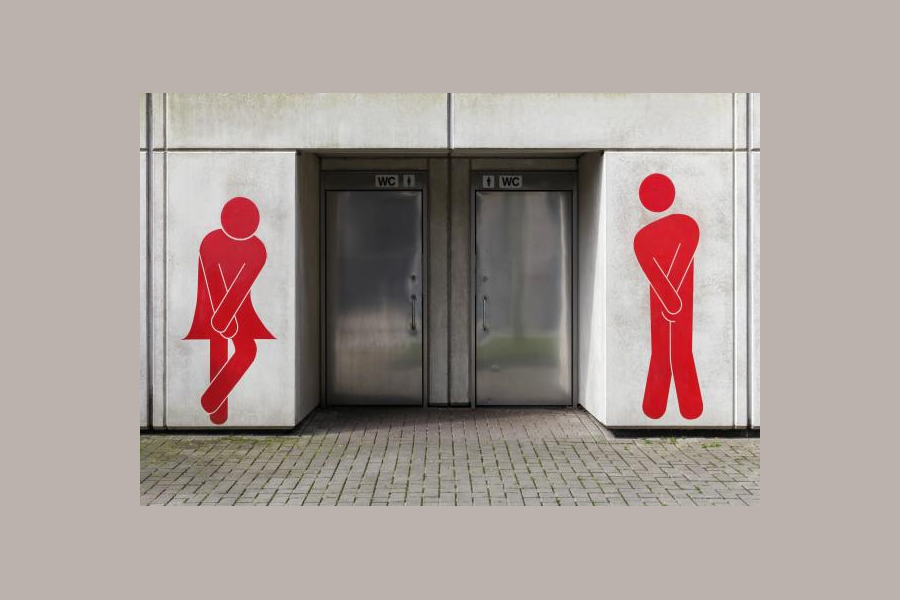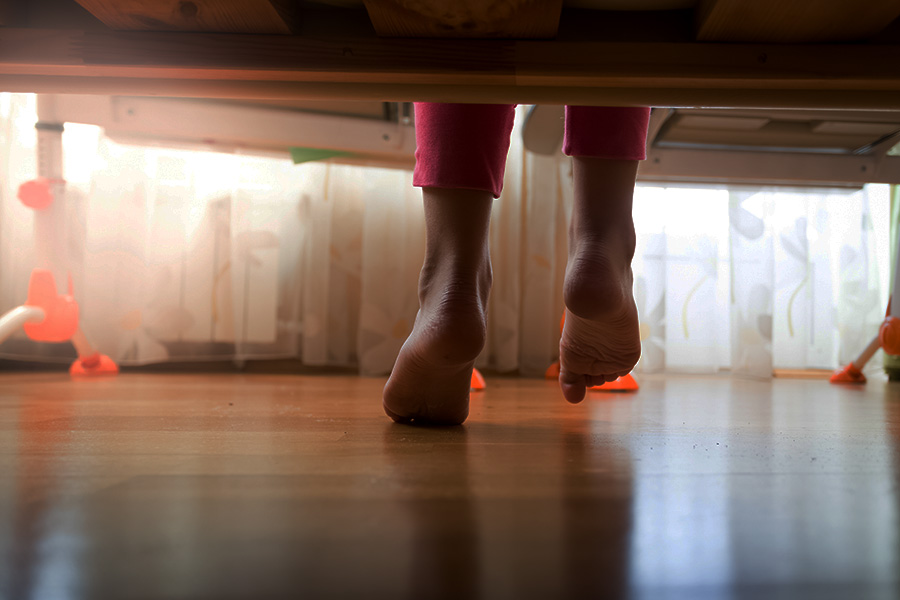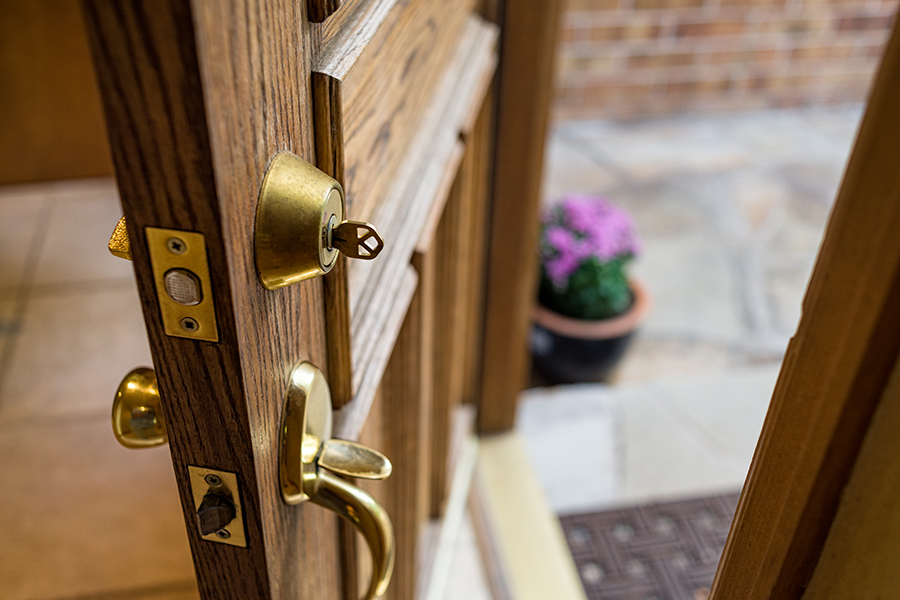By Annika Wallin, Department of Philosophy, Lund University, Sweden., Nils-Eric Sahlin, Professor and Chair of Medical Ethics, Lund University, Sweden., Wändi Bruine de Bruin, University Leadership Chair in Behavioural Decision Making, University of Leeds, UK. for ScienceNordic.com
For a chronic health condition that causes shame and misery for countless people and costs billions, urinary incontinence keeps a low profile.
Media reports about chronic health conditions appear with alarming regularity, but it is rare to read about the debilitating impact of the involuntary leakage of urine. Nevertheless, urinary incontinence is a condition which, next to Alzheimer’s or strokes, is reported as most negatively affecting “health-related quality of life”.
The reasons for this are not too hard to fathom. Urinary incontinence, of course, elicits some embarrassment. And there also seems to be a feeling this is a low priority condition: urinary incontinence does not directly bear up against the terrible impacts of life threatening conditions and illnesses.
But to those who suffer urinary incontinence, it can be a tragedy. This condition is often associated with shame, loss of self-confidence, and low quality of life. It is a condition that increases with older age – approximately half of nursing home residents suffer from urinary incontinence.
The financial cost to society is also great. The total cost of urinary incontinence in the US is estimated to exceed US$80 billion by 2020, according to one report. Another study shows that the treatment costs associated with incontinence in general exceeds those connected to treating pneumonia, influenza and breast cancer.
Talking about incontinence
In a collaboration between Lund University in Sweden and Leeds University in the UK, we recently began looking at this subject as part of a wider research project on decision making among health experts.























